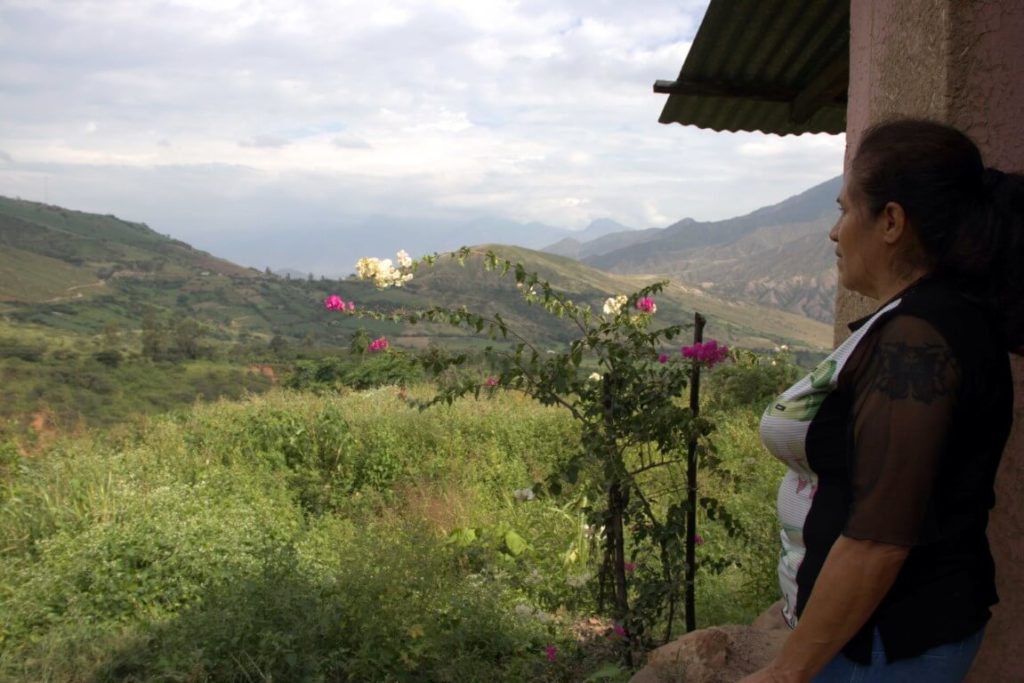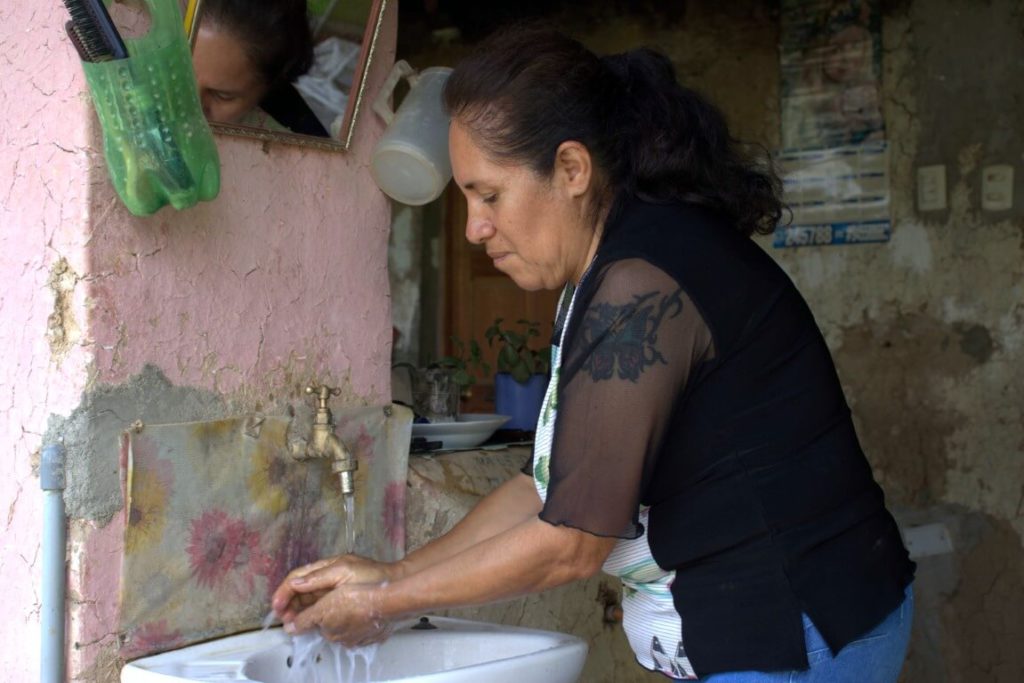District monitoring of sanitation services is essential so that local authorities, JASS directors and other actors in district development know the real conditions of drinking water systems and can take improvement actions.
- Importance of district water monitoring
Sessi Araujo, director of the Sanitation Services Administrative Boards [JASS] of La Palén (Cascas) identifies three (3) advantages of district monitoring of sanitation services:
- Promotes greater coordination between the municipality and the JASS directors.
- It provides real information and opportunity about the water gap situation in the population.
- Alert about the conditions of the provision of drinking water, in terms of quality.
For Sessi, the annual monitoring carried out at the district level contributes to the good management of municipal authorities and improves coordination between community leaders and other social actors in the district. "This activity is important to know how much we need to ensure that all people have drinking water at home. It is important that the population knows all the effort that the authorities, leaders of the communities have been making to achieve the improvement of the families through the installation or improvement of a drinking water system.
In Sessi's opinion, monitoring of drinking water systems should not only be district-level, but also regional and national; In addition, collecting information about the amount of water available. She is aware that water scarcity not only affects the communities of Cascas, it is a growing problem in different areas of the country and the world. Knowing the amount of water available in the source that supplies the drinking water system is necessary to improve the work of the JASS directors, in the provision of water service to rural families. Because we are seeing that other areas of our country are suffering from water scarcity.

"My wish is that the entire country and mainly, the most remote areas, have drinking water systems that provide quality drinking water. Communities that have a well-organized and strong JASS, concerned with good maintenance of their water system potable, that chlorines and thus provide a better life and health to families. As a director of JASS, I am very aware of the teachings of the NGO Water For People about the importance of supplying associates with chlorinated water, in this way we provide health, we take care of people. our children who are the future and also, we help the community develop", concludes Sessi.
- Micromeasurement
Another condition that Sessi highlights is the need to design drinking water projects that include micrometering. She recognizes that there is still weakness in family water care practices. "It is necessary for us all to understand what it means to take care of the water we have in the house and the meter helps us become aware of this, especially at this time when water scarcity is already being felt in several countries." Sessi adds, "With micrometering, we would ensure that drinking water is only for domestic consumption."

